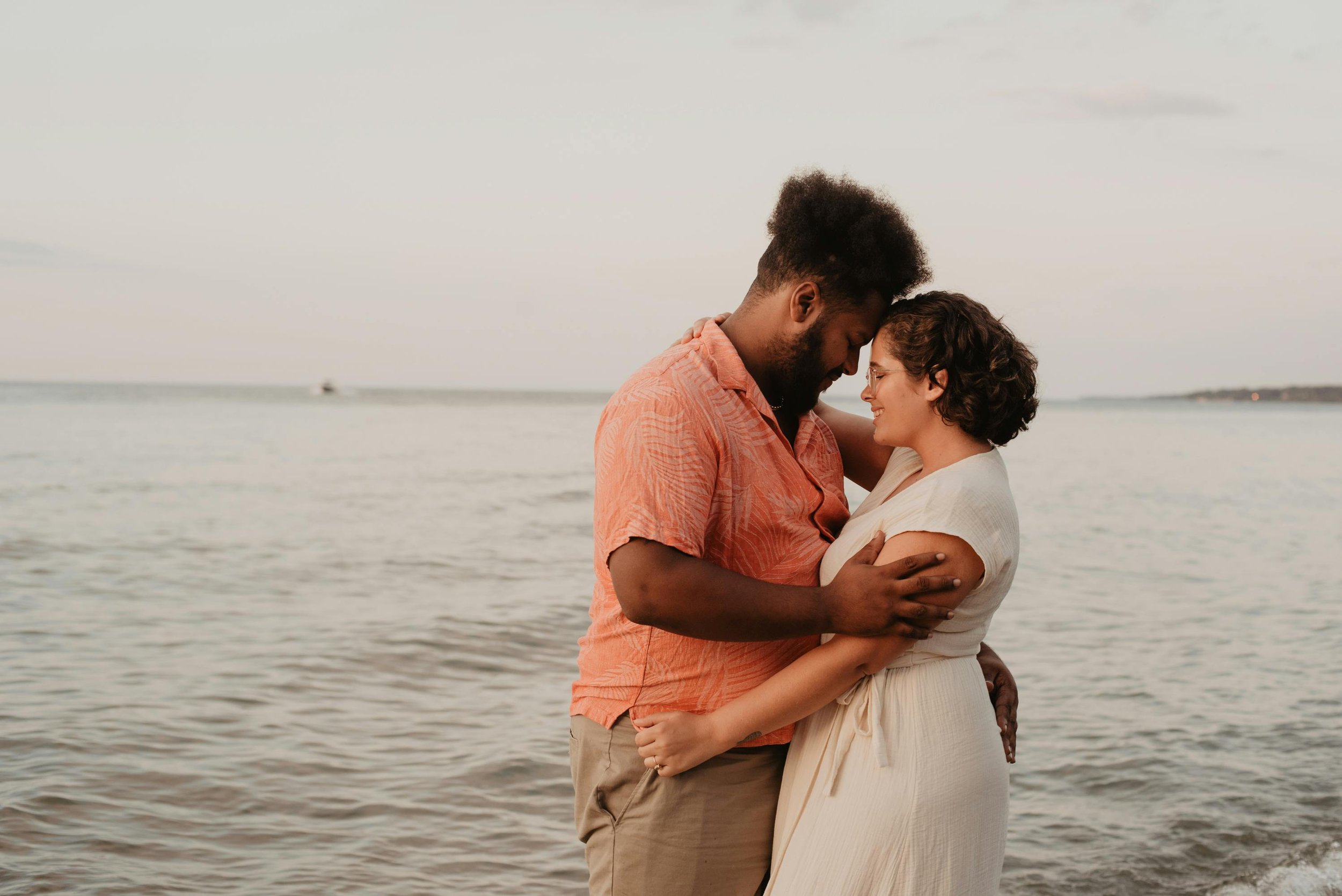Falling in Love with Someone from a Different Cultural Background
Falling in love is an exhilarating experience, but when your partner comes from a different cultural background, it can bring excitement and challenges. Finding someone to share your life with is hard enough in a world that sells us ideals of romance through movies, novels, and social media. Yet, when you meet someone whose culture differs from your own, it can feel like you’ve added another layer of complexity to your relationship.
Movies such as Father of the Bride (2022), Crazy Rich Asians (2018), Jumping the Broom (2011), Our Family Wedding (2010), My Big Fat Greek Wedding (2002), and Fools Rush In (1997), among others, explore the dynamics of dating and marrying into different cultures. These films highlight the complexities and humor that often accompany intercultural relationships.
The Early High
At first, the contrasts between you and your partner might feel like fresh air. In fact, their differences may have been a key part of their allure, finding yourself telling your friends, “I love how different we are!” But over time, those very differences may become sources of tension. It’s common to believe, particularly in the early stages of a relationship, that you or your partner will naturally adapt or compromise, but it’s not always that simple. You might find yourself brushing off concerns from family or friends who express doubts about your relationship based on their cultural beliefs. Their concerns may feel outdated, and you trust that the power of love will smooth over any challenges.
The Comedown: When Cultures Collide
However, those little differences can grow louder once you move in together or get married. What seemed manageable at the start may now lead to actual conflict. Suddenly, cultural misunderstandings are more challenging to overlook. For example, maybe your partner’s cultural values around family roles and expectations don’t align with yours. You might have different views on how involved extended family should be in your lives, or there may be differing expectations around gender roles, holiday traditions, or how to raise children. These issues are common in intercultural relationships and often require more than just love to resolve.
Consider this: your partner might come from a culture that emphasizes family unity above all else, while you grew up in an environment where independence and self-reliance were the norm. Or, perhaps you’ve encountered racism, bias, or microaggressions from others, whether from strangers, friends, or even family members, and your partner, who doesn’t share such lived experience, may not fully understand or acknowledge the harm, brushing it off and leaving you feeling isolated, let down, and alone in navigating this stress. While challenging, these differences are not impossible to navigate; they need empathy, open discussion, and understanding.
How Couples Therapy Can Help Bridge the Gap
Deciding to seek couples therapy can be intimidating, especially if you come from a culture where therapy is frowned upon or seen as unnecessary. You might hear things like, “Why involve a stranger in our relationship?” or “We can handle this on our own.” But by the time you consider therapy, the conflicts may have escalated to a point where navigating them without professional support feels overwhelming. Addressing issues like cultural differences and personal values can feel deeply personal, and trying to have these conversations without hurting each other can feel nearly impossible.
This is where couples therapy can genuinely help. It offers a safe, non-judgmental space for both of you to explore your differences, learn effective communication techniques, and appreciate each other’s cultural backgrounds. Therapy helps you create a bridge between your perspectives to find common ground that honors both your individuality and your partnership.
If you’re struggling with cultural differences in your relationship and want to strengthen your connection, take the first step and schedule a couple’s therapy session today. We can build a relationship that celebrates and embraces both your unique cultures.


